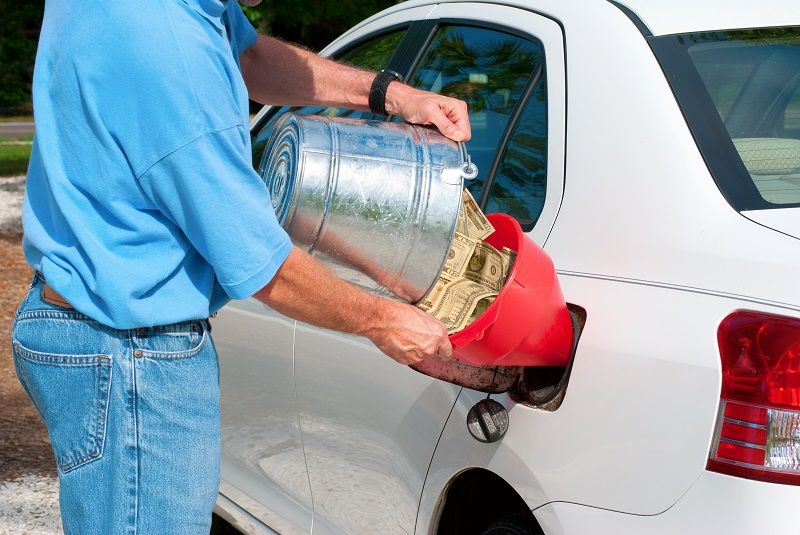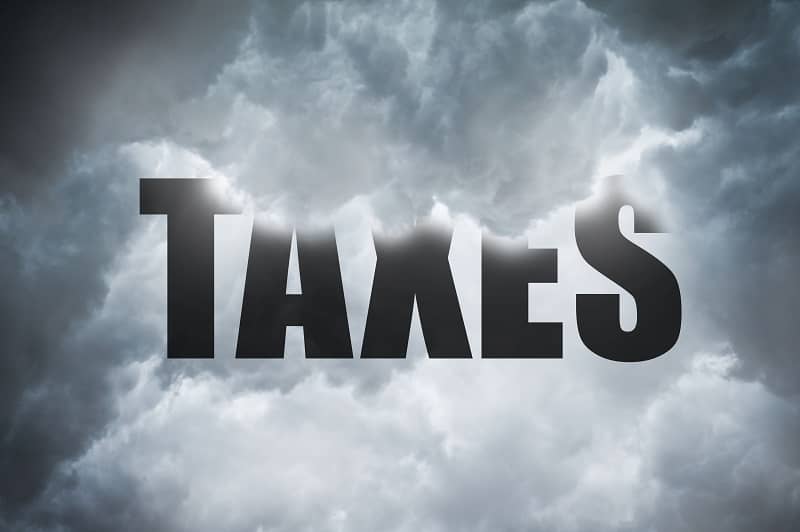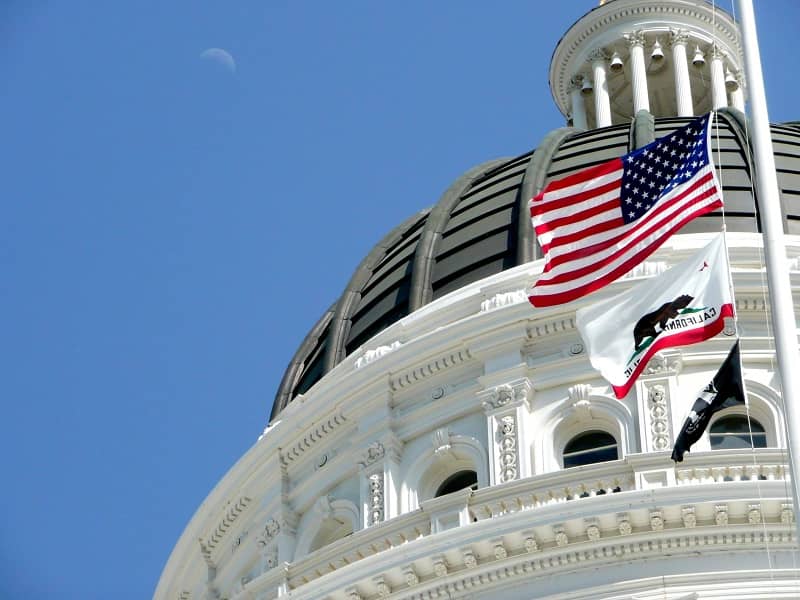March 28, 2025
Rep. Nathan Sosa
Chair, House Commerce and Consumer Protection Committee
Oregon State Capitol
900 Court Street NE
Salem, OR 97301
HB 3792-3
Dear Chair Sosa:
Cascade Policy Institute is a nonprofit policy research organization working on issues of concern to Oregonians, including energy policy.
While the goal of helping low-income ratepayers is laudable, HB 3792 will make most ratepayers worse off by taxing them to increase funding for the OEAP.
There is a better way to accomplish the same objective. Simply reduce or repeal some other energy tax that is no longer relevant.
An excellent choice would be the Renewable Portfolio Standard (RPS), enacted in 2007. The RPS requires large electric utilities to procure growing amounts of “clean energy” over time. The first threshold was 10% by 2010, rising to 15% by 2015, 20% by 2020, and 25% by 2025.
Utilities must demonstrate RPS compliance through the purchase or generation of Renewable Energy Certificates (RECs). RECs are intangible commodities supposedly representing the “environmental attributes” associated with one megawatt-hour of electricity fed into the grid from designated energy sources.
Unfortunately for ratepayers, the cost of compliance has become substantial. In 2013 PGE’s reported cost of compliance for the RPS mandate was $4.6 million, a 0.3% rate premium to ratepayers.
By 2022, the cost of compliance was up to $60.6 million, a premium of 2.9%.
For 2025 PGE forecasts compliance costs of $74.7 million, a surcharge of 3.4%.
The total known and estimated cost of the RPS mandate to PGE for the 2013-2025 period will be roughly $565.8 million.
Utility customers themselves derive no benefit from RECs, since RECs are merely compliance instruments that don’t exist in the physical world. In fact, since RECs can be purchased separately from the underlying electricity, ratepayers frequently pay for RECs associated with electricity that was sold to customers thousands of miles away.
In 2021 the legislature required that PGE and PacifiCorp completely decarbonize their systems by 2040. That means the RPS is now redundant.
If the goal of HB 3792 is to help low-income ratepayers in a moment of great need, the better option would be to increase direct cash assistance while repealing the RPS.
The savings from this change would be so great that you could double the OEAP to $40 million and still make all ratepayers better off.
In the world of public policy, there are no perfect solutions, only tradeoffs. This is a chance for you to make a good tradeoff.
Sincerely,
John A. Charles, Jr.
President & CEO












